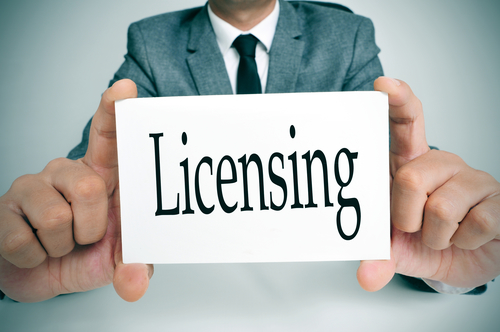Using Mediation when a Licensing Dispute Arises
 Licensing a trademark or product is an effective way to expand the reach of a business without having to invest in the full operations behind the technology. In some instances, a case of infringement has resulted in a profitable licensing agreement. Nonetheless, problems may still arise after parties have agreed to a licensing agreement. In these situations, mediation can serve as an effective way to resolve the problem.
Licensing a trademark or product is an effective way to expand the reach of a business without having to invest in the full operations behind the technology. In some instances, a case of infringement has resulted in a profitable licensing agreement. Nonetheless, problems may still arise after parties have agreed to a licensing agreement. In these situations, mediation can serve as an effective way to resolve the problem.
Licensing agreements are contracts between the company that wants to use the product or technology and the business that created it. Licensing agreements benefit both parties, so the parties usually have a vested interest in keeping the agreement in place. They may not want to lose a lucrative agreement that is providing them with an extra revenue stream. Mediation can help the parties work out a resolution that works for both of them.
One of the common problems associated with licensing agreements is that the terms may not be defined in a clear, unambiguous manner. The parties may disagree about the interpretation of what is being licensed and how it can be used. The owner of the intellectual property must take great efforts to define the permitted use and exploitation of the property. If a problem arises, mediation may help the parties understand their point of confusion. They may agree to modify the contract terms to avoid confusion in the future.
Another possible issue that can arise within a licensing agreement is compensation. The parties may encounter a problem in which the party licensing the property does not believe that he or she is receiving the proper amount of compensation. The parties may agree to implement oversight provisions to provide transparency regarding the use of the intellectual property and compensation.









